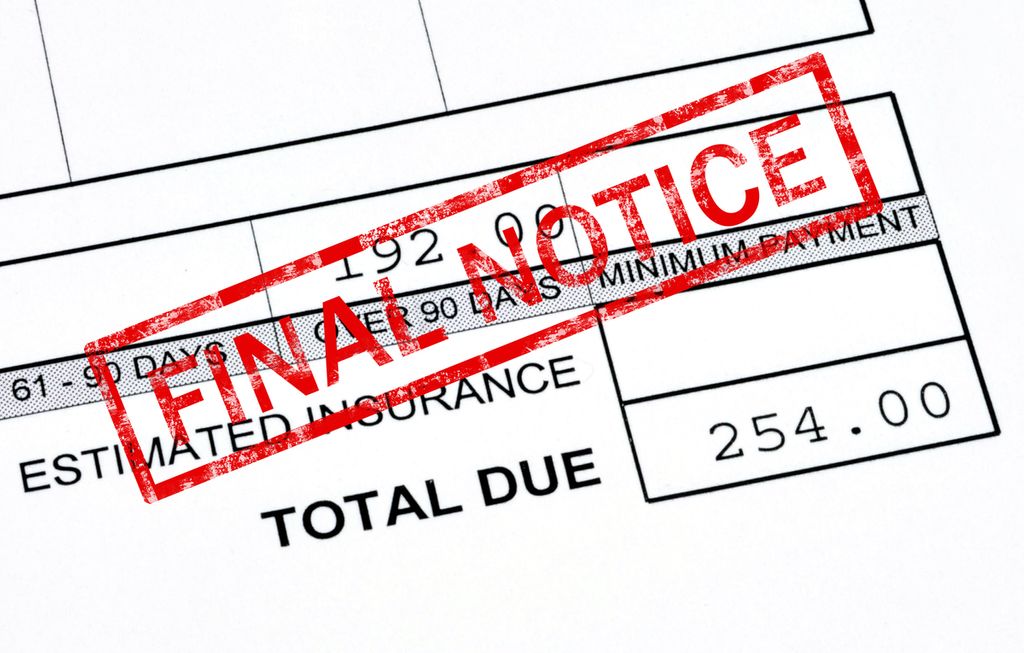
Medical debt is a widespread American problem. Research shows that 18 percent of all U.S. adults have medical debt currently in collections, and many more have medical debts that haven’t been reported by their creditors.
Given this financial epidemic, many consumers want to know how outstanding medical debt might affect their credit score. Here are answers to some common questions you may have.
Like other types of debt, medical bills can, and often are, sent to collections. But medical debt is often handled differently by healthcare organizations than other types of debt owed to non-medical businesses. Many healthcare organizations, for example, will be flexible in giving patients time to repay their debt, in recognition of the large and often unexpected balances owed.
It’s also common for healthcare organizations to have their own internal collections departments tasked with motivating payment of debt owed. Working with these collection agencies is often preferable to working with an outside agency, since healthcare collections departments may be more accommodating when extending due dates, waiving fees, arranging payment plans, and/or forgiving part of the debt owed.
Still, these organizations may eventually sell some or all of their unpaid accounts to a collection agency.
Once listed on your credit report, medical debt is like any other type of consumer debt. It will remain on your credit report for up to seven years, plus 180 days after the date your account first went overdue.
But medical debt is also managed according to certain rules that don’t always apply to other types of consumer debt. For example, medical debt can not be reported to a credit reporting agency before it is at least 180 days old. This gives patients time to try and repay their debt without facing consequences in the form of a lower credit score.
Additionally, unpaid medical debt doesn’t automatically appear on your credit report. In fact, many healthcare organizations do not report unpaid debts to the three main credit bureaus, out of a recognition that doing so could have catastrophic consequences for those consumers.
Be advised that, if the healthcare organization doesn’t report your medical debt to a credit bureau, that debt can still be reported eventually if the debt is sold to a collection agency—which may report the debt to increase your pressure to pay.
The impact of medical debt on your credit score depends on a number of different factors. This makes it difficult to predict exactly how dramatically your credit score will change if and when medical debt is listed on your credit report.
The biggest factors affecting your (medical bills and credit score) include:
While the size of your medical debt may be a primary source of stress for you and your finances, consumers should be aware that the dollar amounts don’t affect your credit score. Rather, your score is adversely affected by the number of accounts in collections. By only counting the number of accounts, the agencies can produce a credit score that emphasizes your overall habits of responsible credit management, rather than whether you owe one large bill to one company.
Since hospital bills aren’t reported to credit bureaus, on-time payments won’t help you build credit. Even if delinquent accounts are reported to credit bureaus, repayment of these debts won’t improve your credit score.
If you do want to use repayment to rebuild your credit history, you have a couple of options to consider requesting from the debt owner. One option is requesting a “pay for delete” letter, which offers written confirmation that the creditor will delete your delinquency’s listing once you’ve paid it in full.
You can also request a goodwill deletion, in which case you ask the creditor to remove medical collections on your credit report as an act of goodwill. While neither of these options is guaranteed to work, you may have some success if you ask or make arrangements prior to repayment.
If you believe medical collections on your credit report are inaccurate or invalid, you can file a dispute with the credit bureau that has listed the account on its report. You will need to file a dispute for each credit report where the account is listed. The three main credit bureaus are Experian, Equifax, and TransUnion, and each of them has their own process for filing these disputes.
You can also request a free annual copy of each credit report, which financial experts recommend to verify information and context any inaccuracies that may be affecting your credit score.